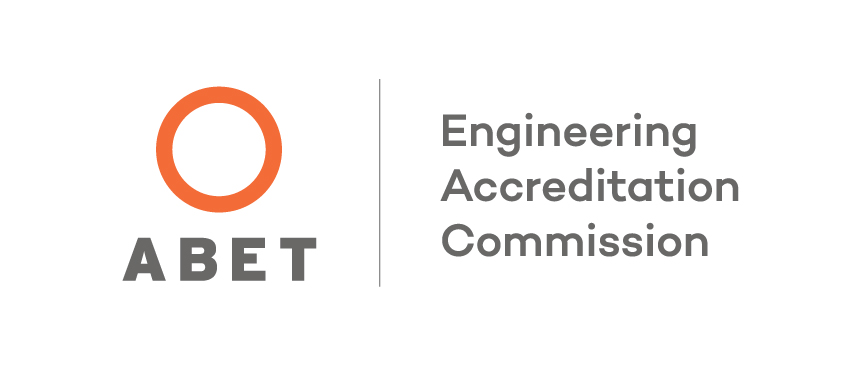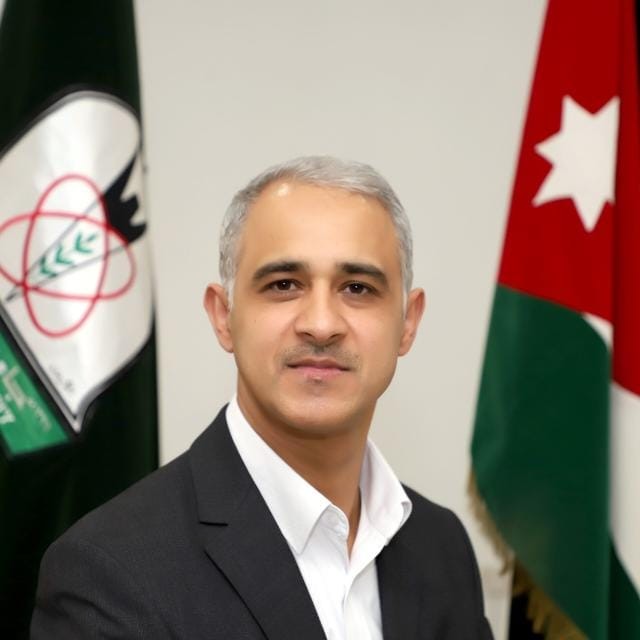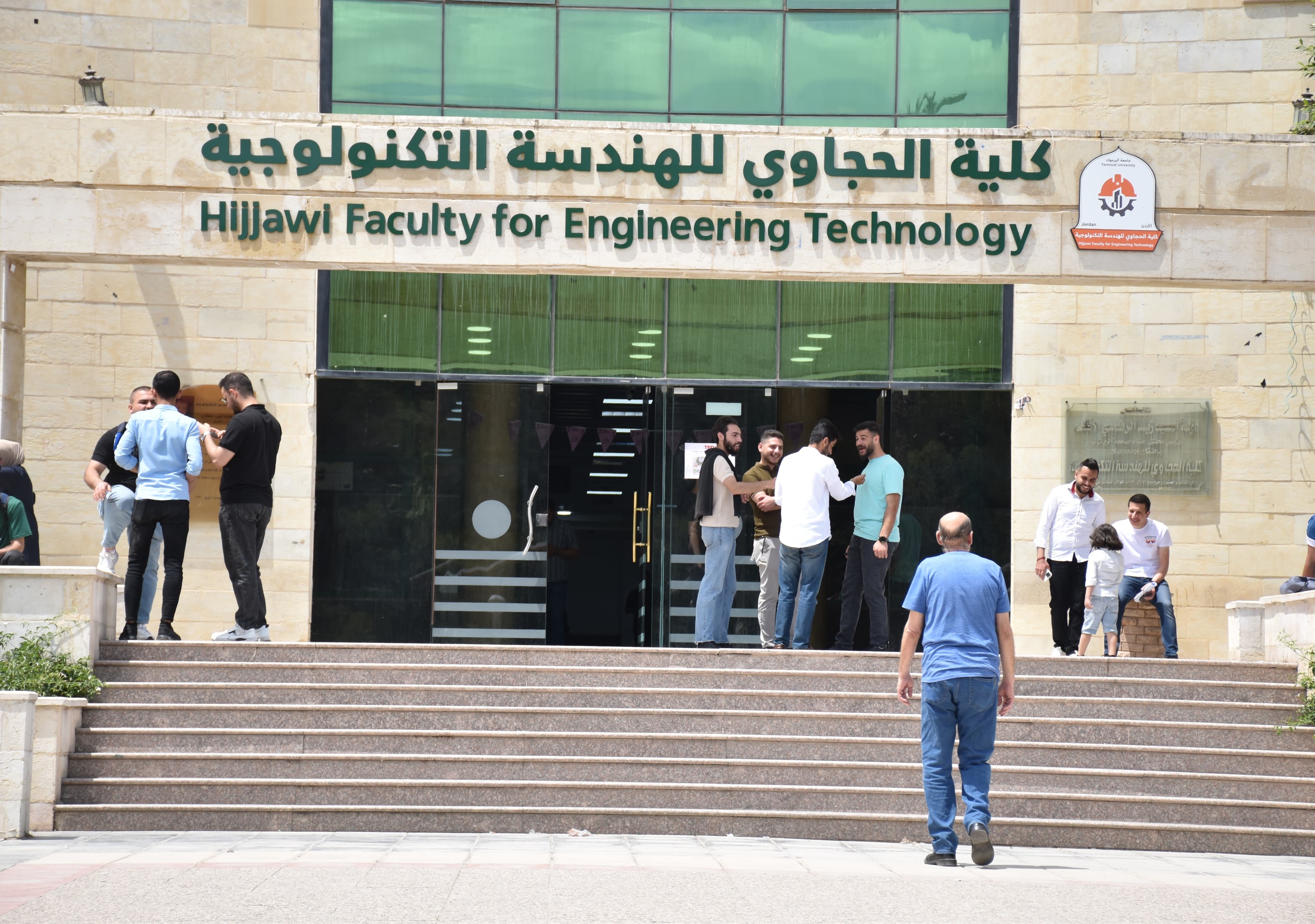Program Department and Chair
For inquiries or further information, please contact:
Email: communications.dept@yu.edu.jo
Phone: +962 2 721 1111 ext. 4539
Dr. Hasan Aldiabat
Chair, Communication Engineering Department
Associate Professor, Communication Engineering
hasan.aldiabat@yu.edu.jo
+962 2 721 1111 ext. 4539
About the Program
The Bachelor in Communication Engineering degree program at the Hijjawi Faculty for Engineering Technology was established in 1989. The program is accredited by the Engineering Accreditation Commission of ABET, https://www.abet.org, under the General Criteria and the Electrical, Computer, Communications, Telecommunications Engineering Program Criteria. The program prepares students for careers in the fast-evolving communications industry, offering a strong foundation in theory alongside hands-on experience.
The curriculum covers a wide range of topics including wireless and mobile communications, satellite systems, microwave engineering, antennas, data communication, computer networks, and digital signal processing. Students complete a two-term graduation project, applying their knowledge to real-world engineering challenges.
A key feature of the program is a mandatory four-month full-time practical training (six credit hours) with leading companies in Jordan and abroad. This industry-based experience, supervised by faculty, helps students develop practical skills and enhances employment prospects.
Graduates are well-equipped to succeed in the telecommunications industry, government sectors, or pursue graduate studies, benefiting from a curriculum that balances academic rigor with real-world application.
Program Educational Objectives (PEOs)
Within a few years after graduation:
Enrollment Statistics
Study Plan
The study plan of the Bachelor in Communication Engineering degree program consists of 167 credit hours, including core and advanced courses in communication systems, wireless and mobile networks, satellite and optical communications, microwave engineering, antennas, and digital signal processing. The curriculum integrates specialized laboratories, a two-term graduation project, and a four-month full-time field training to ensure students gain both theoretical knowledge and practical experience.
In recognition of the global nature of the communications industry, foreign language courses have been included in the curriculum to enhance graduates' employability, especially with international companies and academic institutions.
This rich and comprehensive curriculum prepares students to become highly skilled communication engineers, ready to enter the workforce and contribute to innovation and development in the field of modern communications.
Career Opportunities
-
Government sector
-
Military and defense
-
Private technology and telecom companies
-
Higher education and research institutions
-
Transportation and aviation industries
Industrial Advisory Board
Network Design Engineer
Ministry of Digital Economy and Entrepreneurship, Jordan
Awesome Engineering Technology Program
Learn more about the Bachelor in Communication Engineering degree program by exploring the materials provided here, and discover how it integrates theory, hands-on experience, and modern communication technologies to shape future-ready engineers.





